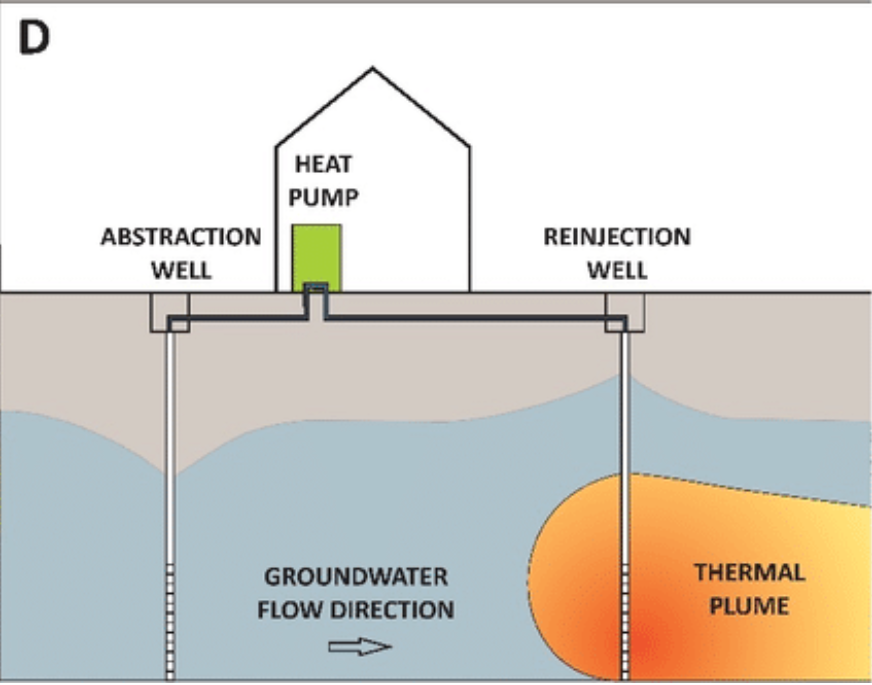It’s not every day you can celebrate the first step in an innovative, carbon-neutral $60 Million health campus. In Spokane, Washington, a group of regional partners – including Gonzaga University, University of Washington, and McKinstry – are collaborating to build a four-story, 80,000-square foot health sciences building in the heart of Spokane’s riverfront. This Regional Health Partnership is the first of its kind in several ways. The public-private collaboration is unique as all partners look to build a world-class health headquarters in the Inland Empire. It’s also special because it has its sights on achieving recent carbon-neutral targets set out by the state of Washington.
The campus is just breaking ground now, with target construction completion finishing in summer 2022. One of the keys to the carbon-neutral puzzle – essentially, no emissions from the campus – is an innovative heating and cooling system for the campus building. This system, which is being co-designed between Aspect and McKinstry, pumps groundwater from an aquifer beneath the property, runs the water through a mechanical device where heat energy in the water is used to heat or cool the building. This “Open-Loop Ground Source Heat Pump” system has been implemented elsewhere but is not done very often because the subsurface conditions have to be just right to both provide the energy and cost savings to make it viable.
Take a look at the celebratory video marking this milestone (see Aspect’s ‘congratulations’ at 19:25 of the video):
A Nod to the Mighty Spokane Valley-Rathdrum Prairie Aquifer
Aspect is the hydrogeologic lead on the ground-source heat pump piece of the project and, as a company founded by hydrogeologists, we’re excited to contribute to eliminating carbon-based fuels historically used to heat and cool buildings.
The Spokane Valley-Rathdrum Prairie (SVRP) aquifer in the project region is known as a highly productive one, pumping out the right temperature and volume to make the overall heating/cooling vision for the campus come to life. The final piece of the puzzle came together through a detailed characterization of the site to support water rights permitting.
There’s plenty of more work to do on this exciting project in the months to come and we look forward to helping other clients meet innovative and forward-looking energy goals with hydrogeologic science..





